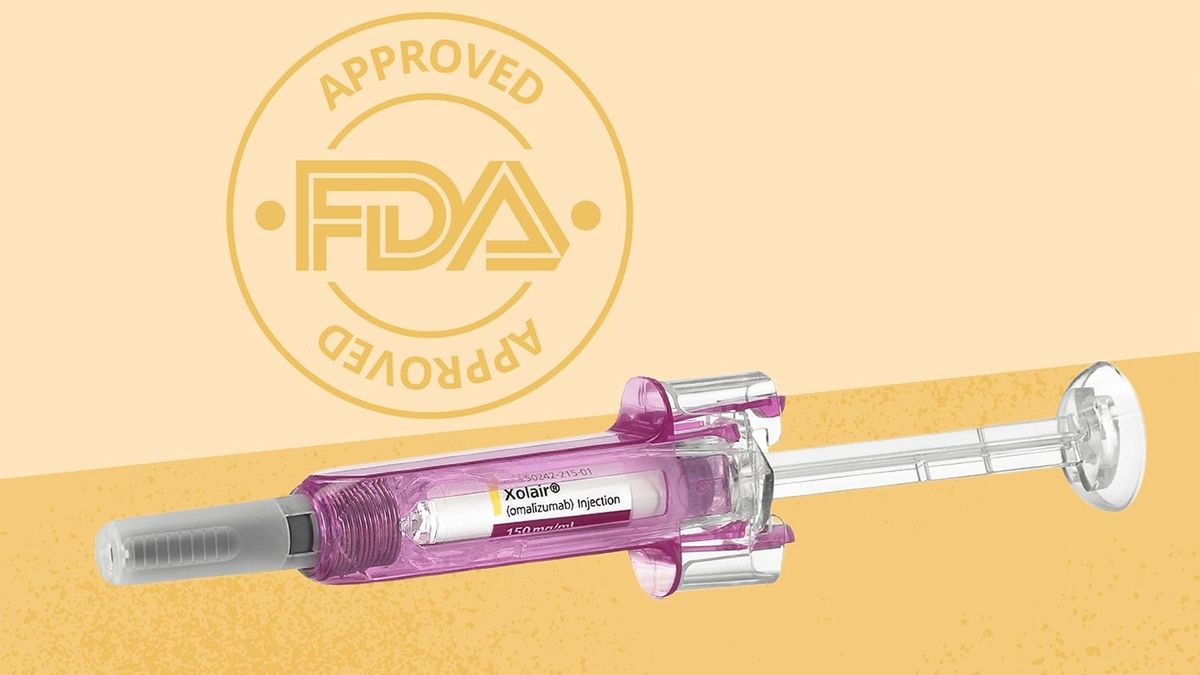
Food allergies are a common problem among children, with some allergies potentially leading to severe reactions. However, a new study led by scientists at the Stanford School of Medicine offers a promising solution. The study found that a drug called omalizumab can make life safer for children with food allergies by preventing dangerous allergic responses to small quantities of allergy-triggering foods. The drug was shown to protect people from severe allergic responses, such as difficulty breathing, if they accidentally eat a small amount of a food they are allergic to.
Omalizumab: A Protective Shield Against Food Allergies
Omalizumab was found to provide a layer of protection against small, accidental exposures to allergy-triggering foods. This new approach demonstrated great responses for many of the foods that trigger allergies. The drug was found to be safe and effective, with the FDA recently approving it for reducing the risk of allergic reactions to foods. The study, published in the New England Journal of Medicine, underscored the potential of omalizumab in addressing this pressing health issue.
The OUtMATCH Trial
In a trial named OUtMATCH, the efficacy and safety of omalizumab as a monotherapy in patients with multiple food allergies were assessed. The study showed that in individuals as young as 1 year of age with multiple food allergies, omalizumab treatment for 16 weeks was superior to a placebo in increasing the reaction threshold for peanut and other common food allergens. Notably, the trial included 462 people aged 1 to 55 years with a history of allergy to peanut and at least two other foods. The results demonstrated the significant effectiveness of omalizumab in treating multiple food allergies.
A 16-Week Course of Omalizumab
A 16-week course of omalizumab, a monoclonal antibody, increased the amount of peanut, tree nuts, egg, milk, and wheat that multi-food allergic children could consume without a reaction. Nearly 67% of participants who completed the antibody treatment could consume a single dose of 600mg or more of peanut protein without a moderate or severe allergic reaction compared to less than 7% who received a placebo. The treatment yielded similar outcomes for other allergens as well.
Further Developments and Approvals
The FDA has approved omalizumab for the reduction of allergic reactions in adults and children aged 1 year and older with food allergy. However, it is important to note that omalizumab is not approved for the emergency treatment of allergic reactions. The treatment is being conducted as part of the OUtMATCH trial by the NIAID-funded Consortium for Food Allergy Research (CoFAR).
Looking Ahead: More Research Needed
Despite the promising results, the scientific community acknowledges that more research is needed to understand the long-term effects and factors that predict the strongest response to the drug. The study also noted variability in individual responses and the need for further studies to assess the drug’s effectiveness in more diverse populations.
In conclusion, the recent developments surrounding omalizumab and its potential in treating multiple food allergies represent a significant step forward in this field. While more research is needed, the findings to date offer hope to children and adults alike who live with the daily challenges and risks associated with food allergies.
